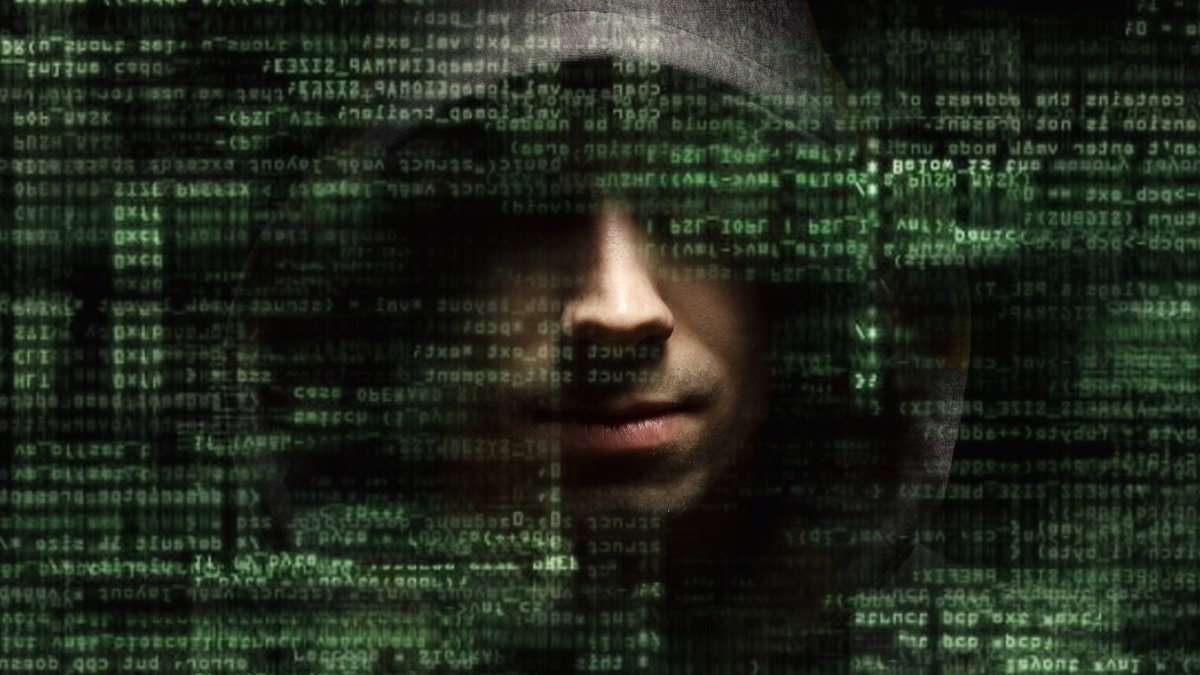Cybersecurity is a real and present danger for the superannuation sector and while the recent attacks have been on big funds, self-managed super funds (SMSFs) should also be aware of the damage that can be done and how to prevent it.
Australians lost over $2 billion to scams in 2024, according to the latest National Anti-Scam Centre’s targeting scams report. The majority of the losses were from investment scams, amounting to $945 million, followed by $157 million lost to romance scams.
In the age of Artificial Intelligence (AI) and the increasing prevalence of both voice and video deep fakes, it’s more important than ever to be diligent when it comes to cybersecurity around your SMSF.
Some financial institutions, like the National Australia Bank, provide free online webinars, but you can also conduct your own cybersecurity check.
To get you started on your own SMSF cybersecurity audit – something you should conduct on a regular basis – we have put together the following eight-question quiz.
The main goal of this quiz is to get as many ‘Yes’ answers as possible. But even if you have a few ‘No’ answers consider this an important reminder to start doing something about those issues to make sure your SMSF is as immune as possible to potential cybersecurity threats. After all, everybody thinks it will never happen to them … until it happens to them.



Leave a Reply
You must be logged in to post a comment.